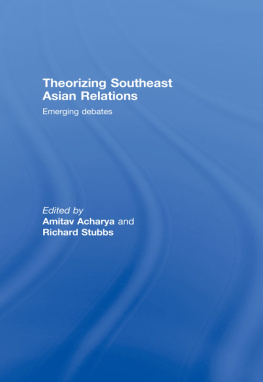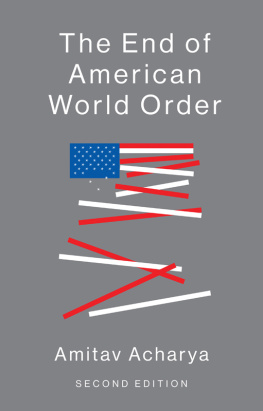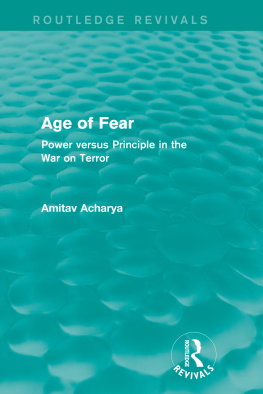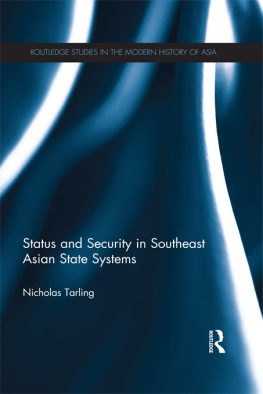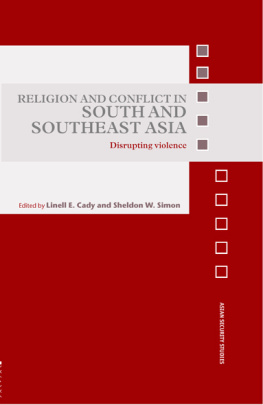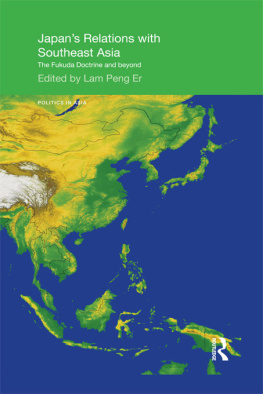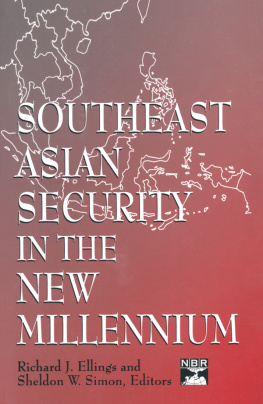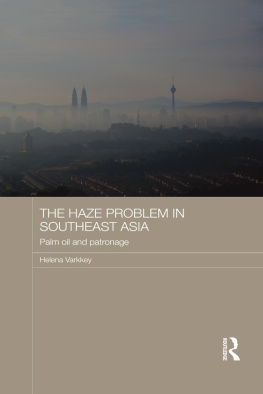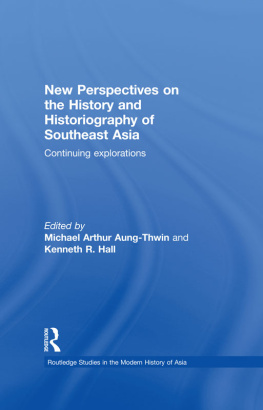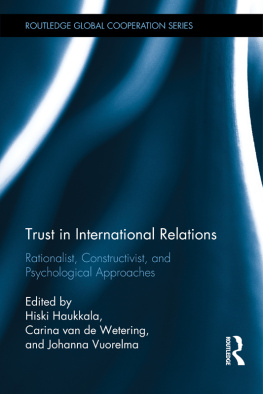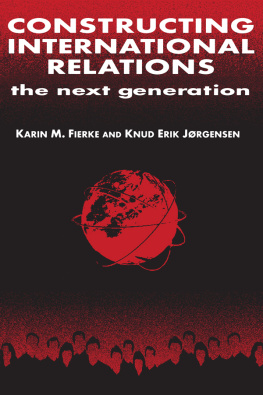Theorizing Southeast Asian Relations
The recent proliferation of theories of international relations has transformed analyses of Southeast Asias international affairs. A new generation of scholars has promoted a lively and illuminating debate that has seen the traditional realist/ neorealist approach, which continues to hold centre stage, challenged by constructivist analyses. In turn, constructivists have found themselves under fire from an array of competing approaches. This collection engages this emerging debate. It underscores the point that Southeast Asia is now an important site for applying new theories of international relations. It also demonstrates that theoretical frameworks originally developed in North America and Europe have to be adapted to the specific circumstances found in places like Southeast Asia and that this process can enrich theory building. The chapters in this book focus on the realist/neorealist, constructivist, English School and critical approaches. The resulting debate helps to shed light on ways of analysing Southeast Asian relations as well as on the evolution of these key theoretical frameworks.
This book was published as a special issue of The Pacific Review.
Amitav Acharya is Professor of Global Governance, University of Bristol, UK.
Richard Stubbs is Professor of Political Science, McMaster University, Canada.
First published 2009 by Routledge
2 Park Square, Milton Park, Abingdon, Oxon, OX14 4RN
Simultaneously published in the USA and Canada
by Routledge
270 Madison Avenue, New York, NY 10016
Routledge is an imprint of the Taylor & Francis Group, an informa business
2009 Edited by Amitav Acharya and Richard Stubbs
All rights reserved. No part of this book may be reprinted or reproduced or utilised in any form or by any electronic, mechanical, or other means, now known or hereafter invented, including photocopying and recording, or in any information storage or retrieval system, without permission in writing from the publishers.
British Library Cataloguing in Publication Data
A catalogue record for this book is available from the British Library
ISBN 10: 0-415-47212-1
ISBN 13: 978-0-415-47212-8
Amitav Acharya and Richard Stubbs
Over the last dozen years or so there has been a major shift in the way in which studies of Southeast Asias regional relations have been conducted. For much of the post-Second World War period up to the 1990s studies of relations in the region, as well as the role of Southeast Asian societies, economies and states within East Asia generally, tended to be atheoretical. Where there was some theoretical treatment it generally reflected the prevailing theoretical orthodoxy in the discipline of International Relations (IR), and was framed within a vaguely realist or neo-realist approach. The point here is not that studies of Southeast Asias regional affairs were of little consequence; indeed, many made invaluable contributions to our growing understanding of regional events (e.g. Leifer 1980, 1989). Rather, the point is that analyses of regional relations were not generally theoretically diverse or even theoretically informed.
During the 1990s, students of Southeast Asias regional relations began to employ theoretically based insights in a more sustained fashion. This occurred for two main reasons. First, a series of events appeared to call into question the value of relying on a realist or neo-realist approach to help understand regional developments. In terms of regional security and political relations, the withdrawal of Vietnam from Cambodia in 1989 and in the same year the signing of an agreement between the Communist Party of Malaysia (CPM) and the Malaysian and Thai governments, by which the CPM was dismantled, signalled an end to the Cold War that had dominated Southeast Asia for decades. In 1994 the Association of Southeast Asian Nations (ASEAN) successfully launched the ASEAN Regional Forum (ARF) and a few years later ASEAN expanded its membership to include all ten Southeast Asian countries. For many analysts neither realism nor neo-realism helped to explain these emerging cooperative arrangements. In terms of regional economic relations, there were also a number of major developments. The inauguration of the Asia Pacific Economic Cooperation (APEC) forum in 1989 and the ASEAN member states central role as the venue in alternate years for, and therefore driving force in, the key annual meetings had a significant impact on regional relations. Similarly, the decision, taken at the ASEAN Summit of 1992, to form an ASEAN Free Trade Area; the traumatic events of the Asian economic crisis of 199798; and the emergence of the ASEAN Plus Three (APT) process of East Asian regional economic cooperation all prompted a re-evaluation of the way in which regional developments were analysed and explained.
Second, the 1990s witnessed a proliferation of theories in IR. As a consequence, an increasingly vigorous debate emerged in the literature that not only underscored the value of using different theoretical frameworks in analysing the unfolding of events but also confronted the traditional disciplinary hegemony of realism and neo-realism. Neo-realists continued to be challenged by neo-liberals and neo-liberal institutionalists, especially in the United States. Constructivists and post-modernists offered a more fundamental critique (Hay 2002: 1327). In the United Kingdom and other parts of Europe, as well as in Canada, a critical approach to IR and International Political Economy was being promoted (Murphy and Nelson 2001). This ferment of new theoretical approaches as well as refinements to the old neo-realist perspective offered analysts of Southeast Asian relations a wide range of theories from which to choose as they sought to come to grips with the changes that were sweeping across the region. Gradually, analyses of regional events started to take advantages of these theoretical developments in order to help understand the emergence of new regional approaches to the novel political and security issues associated with the end of the Cold War, the changing regional role of Japan, the rise of China, increasing economic regionalization, and attempts to forge new state-led regionalist projects (e.g. Acharya 1995, 2001; Ganesan 1995; Higgott and Stubbs 1995).
These new approaches made important advances on the existing literature on Southeast Asias regional relations. Going beyond traditionalist perspectives that regarded material forces such as military balances and great power alliances as the critical determinants of regional stability, constructivists argued that ideational forces, including norms and identity, are very much a part of the regional environment or structure that shapes Southeast Asias regional order. Moreover, the agency of local actors and their regional institutions matter and should not be viewed (as some realist accounts of regional order maintain) as a mere adjunct to the great power balancing.
The challenge to realism also drew strength from critical theorys rejection of the centrality of the anarchy problematique in international theory, its critique of the textual legitimacy of realist approaches, and its general highlighting of the role of social forces in IR.
Although these new perspectives made their mark in the academic realm, they also had implications for the policy world. They challenged the close nexus between foreign policy realism (reliance on balance of power and US military presence) and domestic political authoritarianism which was commonplace among the Southeast Asian elite during the Cold War. Moreover, they opened the space and provided new tool kits for exploring alternative ways for organizing regional relations, including cooperative security and community-building approaches.

